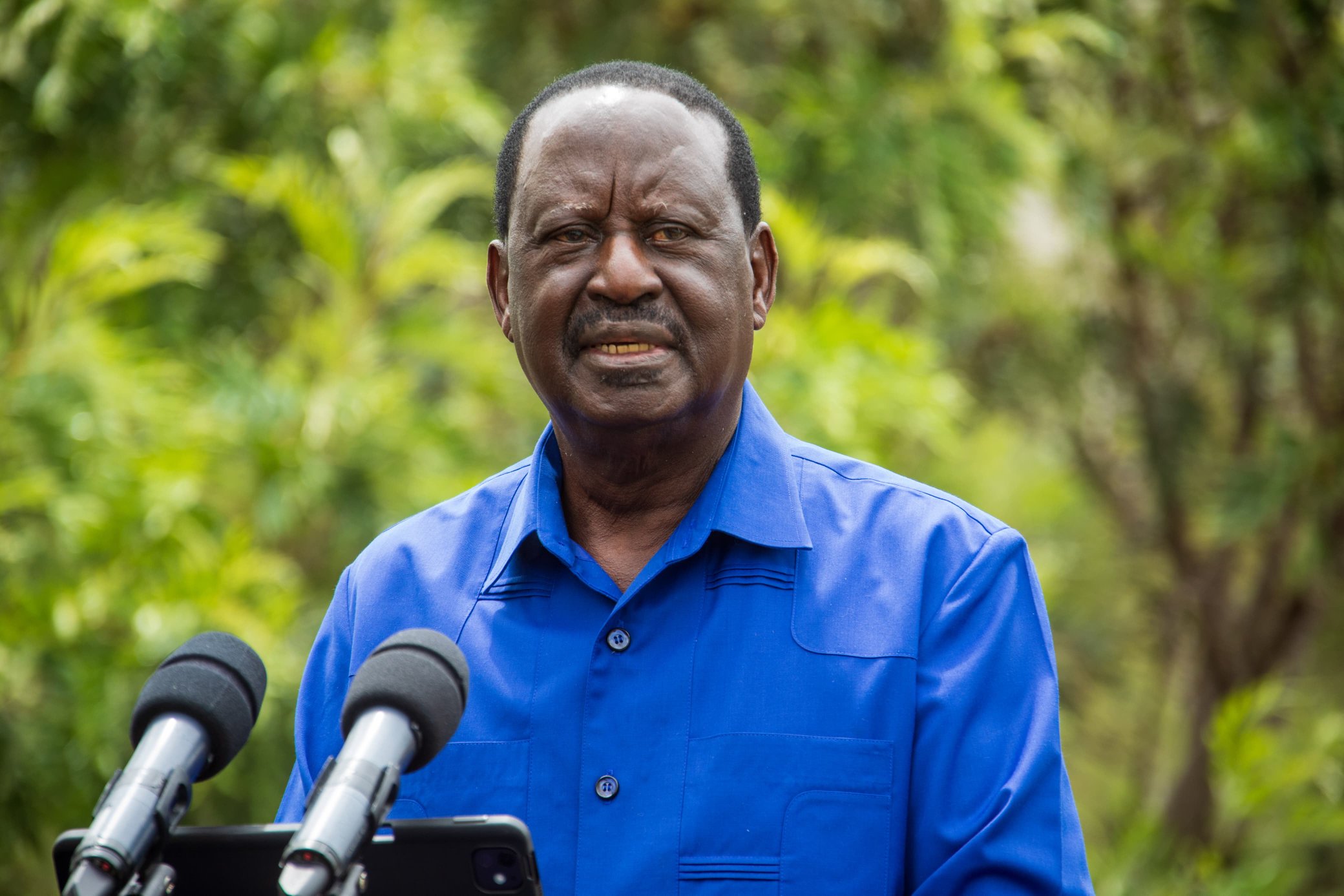One number with all your life’s details

The government will issue Unique Personal Identifier (UPI) numbers starting March 1 this year that will serve as exclusive identification numbers for each citizen from birth to death.
Immigration and Citizen Services PS Julius Bitok said the IPU will serve as one’s primary school and secondary school number, national identification number, and Kenya Revenue Authority (KRA) pin. It will also serve as the driving licence number and, when one dies, they will be identified with the number.
“The Government is moving its services online by March, and all death and birth certificates will be online. They will be accessed through e-citizen services, and people will be given what we call UPI. When you register, you will automatically receive the number that will become your birth certificate number,” Bitok said.
All children born from March 1 will have the number. This is one of the Government’s initiatives of bringing services closer to the people.
The first civil registration office was opened yesterday in Kajiado North.
Bitok observed that people have been experiencing many challenges in applying for birth and death certificates, adding that the IPU is an indirect Huduma Namba.
It is estimated that 90 per cent of births are captured online, a move that is expected to reach 100 per cent after the official digitisation of government functions is launched in early March.
He said the Huduma Namba targeted people above 18 years, but IPU involves the whole population.
The Immigration Department has also digitised its services, with all payments done online. This has caused hiccups in Kenya’s missions abroad, with officers having issues with payments.
Other projects the department is planning include an Integrated Border Management Service, digitalisation, facial recognition, e-gates, Passenger Name Record and Advance Passenger Indexing.
Greater efficiency
These are part of the government’s efforts to switch to e-services for greater efficiency and reduction of security loopholes. For instance, since 2015, all foreigners visiting Kenya have been required to apply for visas online through an e-visa system.
The government also rolled out e-citizen — a one-stop portal for information and services to help Kenyans get faster and more convenient transactions online.
All government agencies are interlinked through a new computer system, the Integrated Population Registration System, for personal information of individuals.
President William Ruto recently said he is dedicated to marching the country to a digital revolution, starting with how citizens access Government services, browse the internet, earn from the digital space, as well as their employment and education details.
Digital highways
Speaking during the 59th Jamhuri Day celebrations in Nairobi, themed ‘Connect, Innovate and Inspire’, President Ruto said his administration would install 100,000km of digital highways in the form of fibre optic cables to enable internet access in every part of the country.
“We have a target of one million jobs from our technology space. We’ve had a candid conversation with our technology and digital space leaders… it’s important that all of us understand the importance of technology and the place of innovation, going into the future,” said Ruto.
The government has also installed free Wi-Fi in various places across the country.











